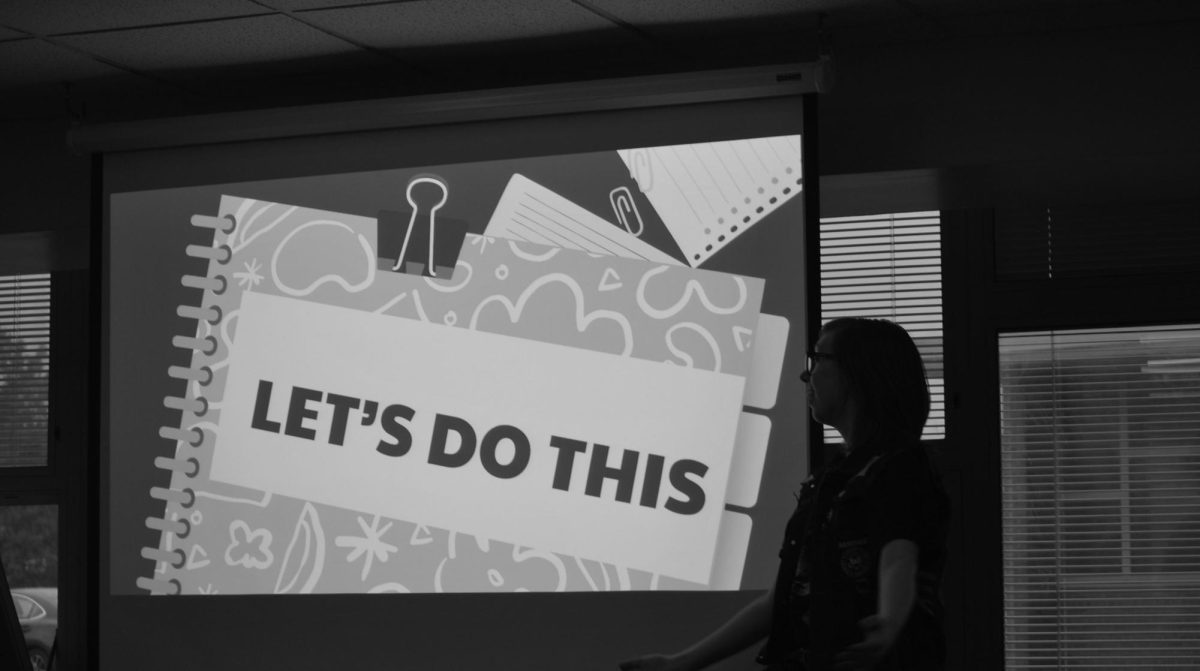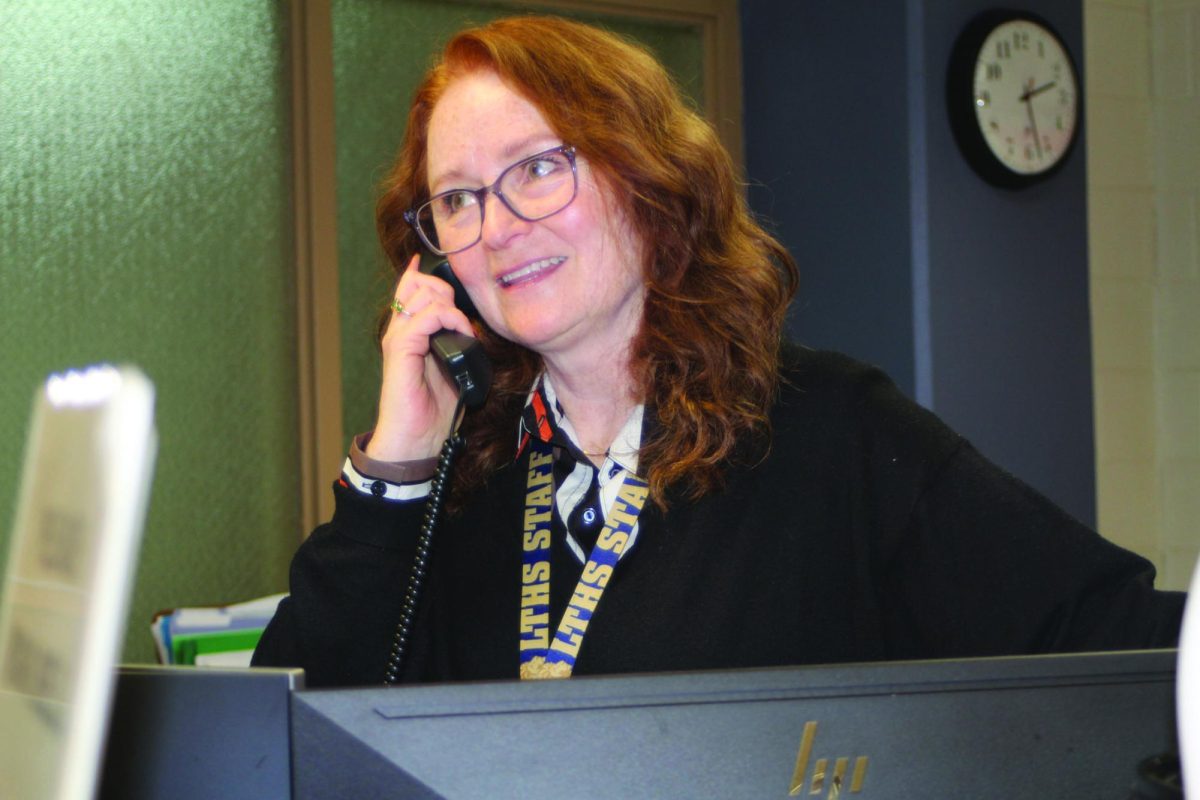Late last year, Emily Spelson ‘24 and Bucky Krezel ‘24 noticed that in general the study body at school wasn’t as aware of similarly disabled able students like them. Due to Spelson and Krezel’s personal challenges, they had struggles adapting to the school environment with their disabilities, Spelson said. The two wanted to create a connection with students to raise awareness for as much publicity as other clubs.
Krezel noticed that LT did not have a club that supported students with similar conditions to him and Spelson the way that other clubs at LT have for minority students, Krezel said. Krezel and Spelson felt there wasn’t a safespace at LT for students with the same needs as them and they wanted to make a change. They decided to become co-founders of the club Disabled-Abled Connection.
The difference between other clubs and organizations and Disabled Able Connection is that Disabled Able Connection is trying to establish a space for students at LT that simply want to just interact with other students by just hanging out. Disabled Able Connection Club is open to all students, offering attendees time to simply just interact with other students, disabled or not. It’s a space for all students to learn more about themselves, and for students who are interested in those with special needs.
“We have Best Buddies and Special Olympics, but we’ve never had an activism club or a safe space that didn’t have a certain goal in mind,” Krezel said. “I thought, why not go for it?”
Co-leader Jay Bilotta ‘25 hopes to increase awareness of disabilities and accessibility at LT for students who have all kinds of personal challenges.
“We believe learning is the cornerstone of improvement and hopefully we can raise awareness for change,” Spelson said.
Although Disabled Abled Connection (DAC) is in pilot status right now, the club leaders are hoping to get enough publicity that next year they can officially be in their first year, Spelson said.
Right now in DAC, the leaders are communicating privately, Spelson said. The club also attended co-curricular night, established its social media pages and put up flyers around the school
The first few meetings will be introductions, ice breakers, and discussing some disabled history, Bilotta said. For example, they will discuss the Americans with Disabilities Act and the Disabled Pride Flag.
Spelson and the members hope to break down the barriers and stigmas surrounding this connotation of disability, Spelson said. She believes that the time has come for all people to raise their voices for more acknowledgement.
“I want to leave LT a better place than [when] I came in rather than [just] getting a good grade,” Krezel said. “I’m excited to gather a community to hopefully make change at LT with their accessibility and to make LT a better place for people like me.”

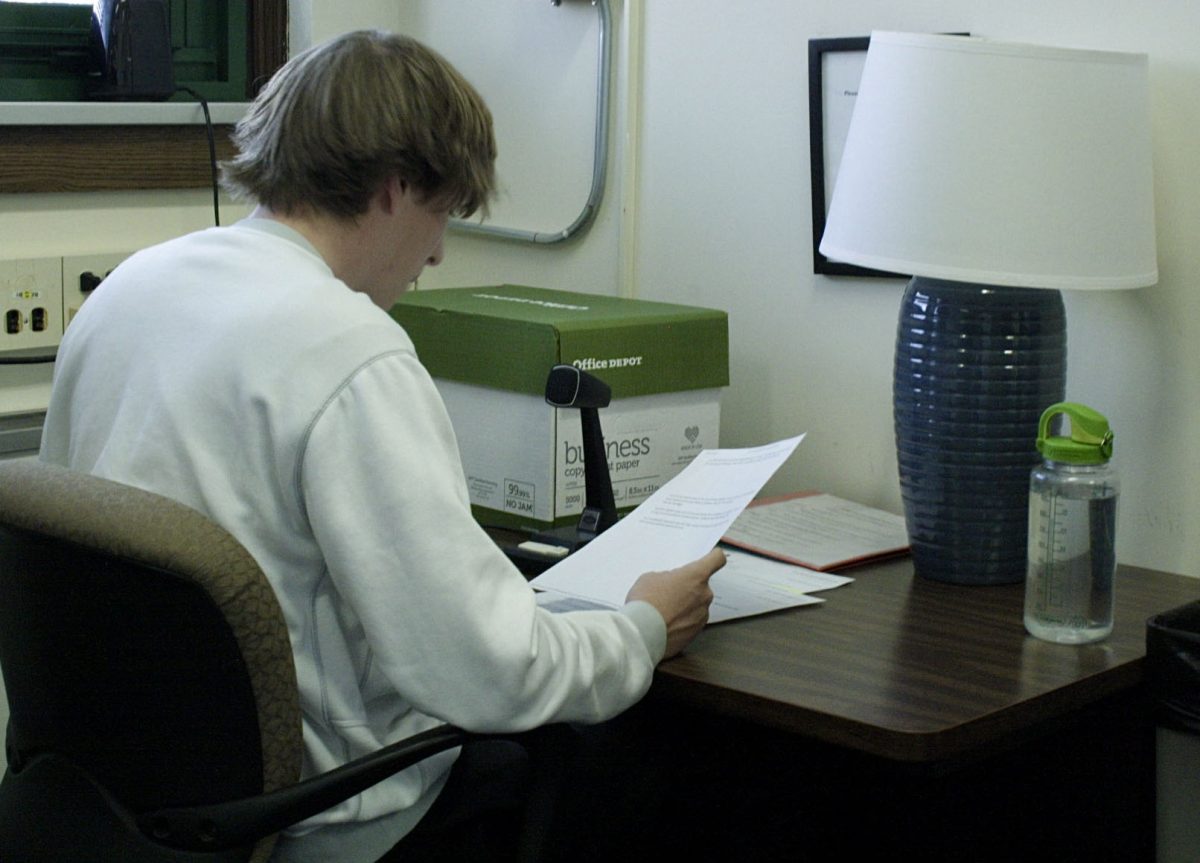
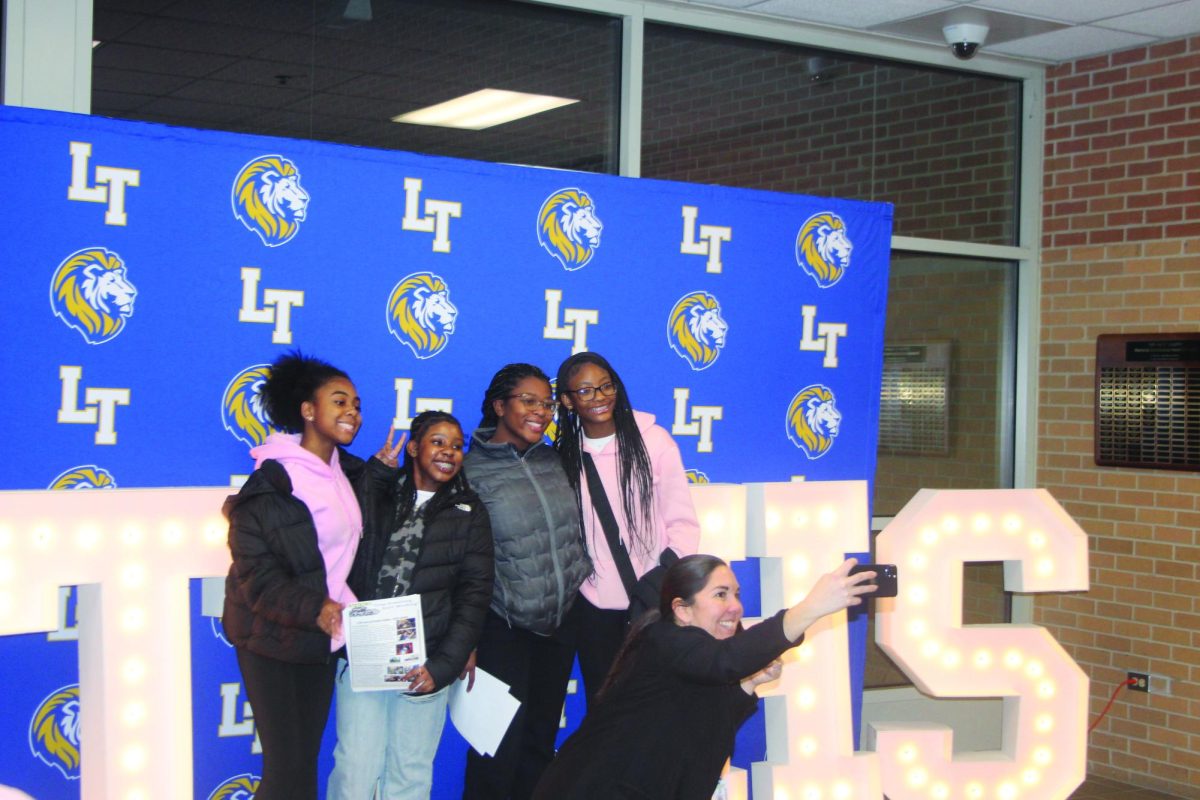
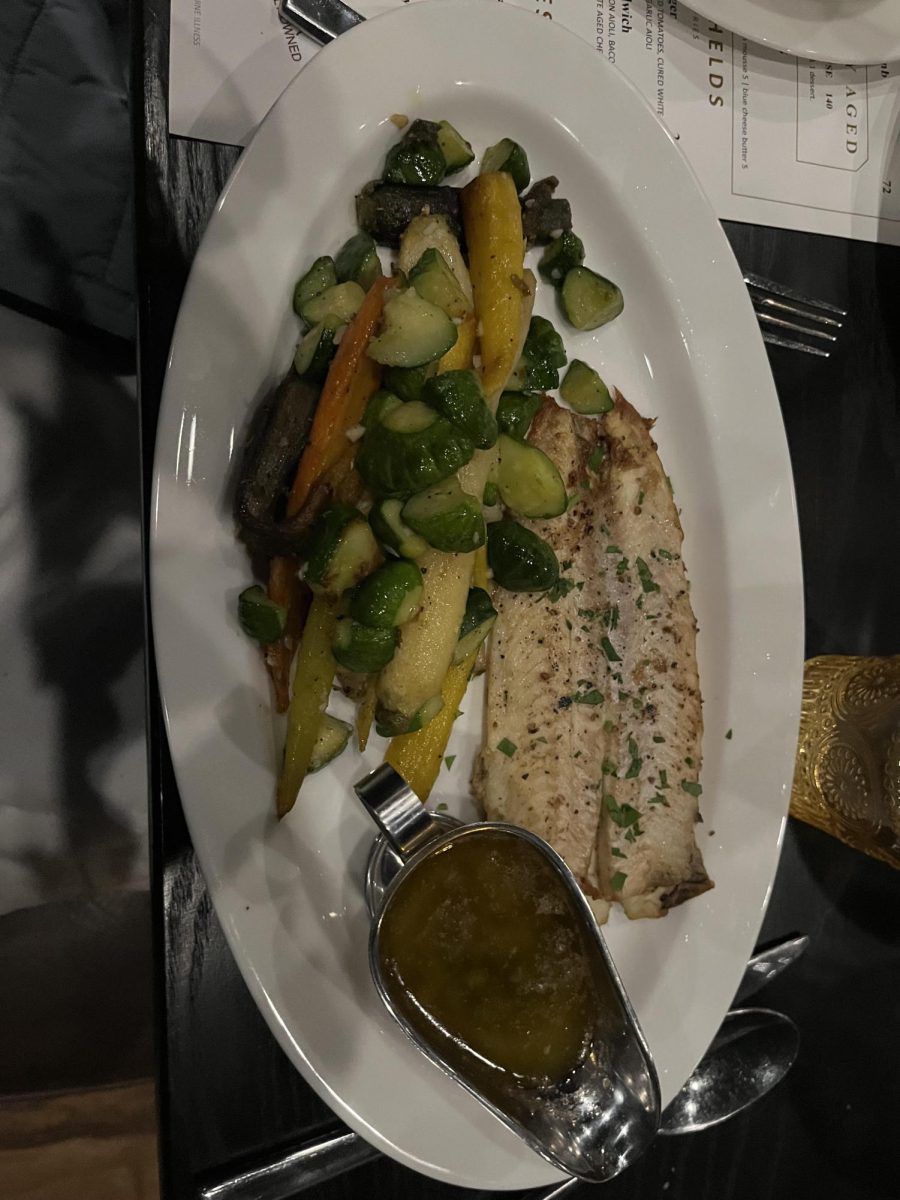
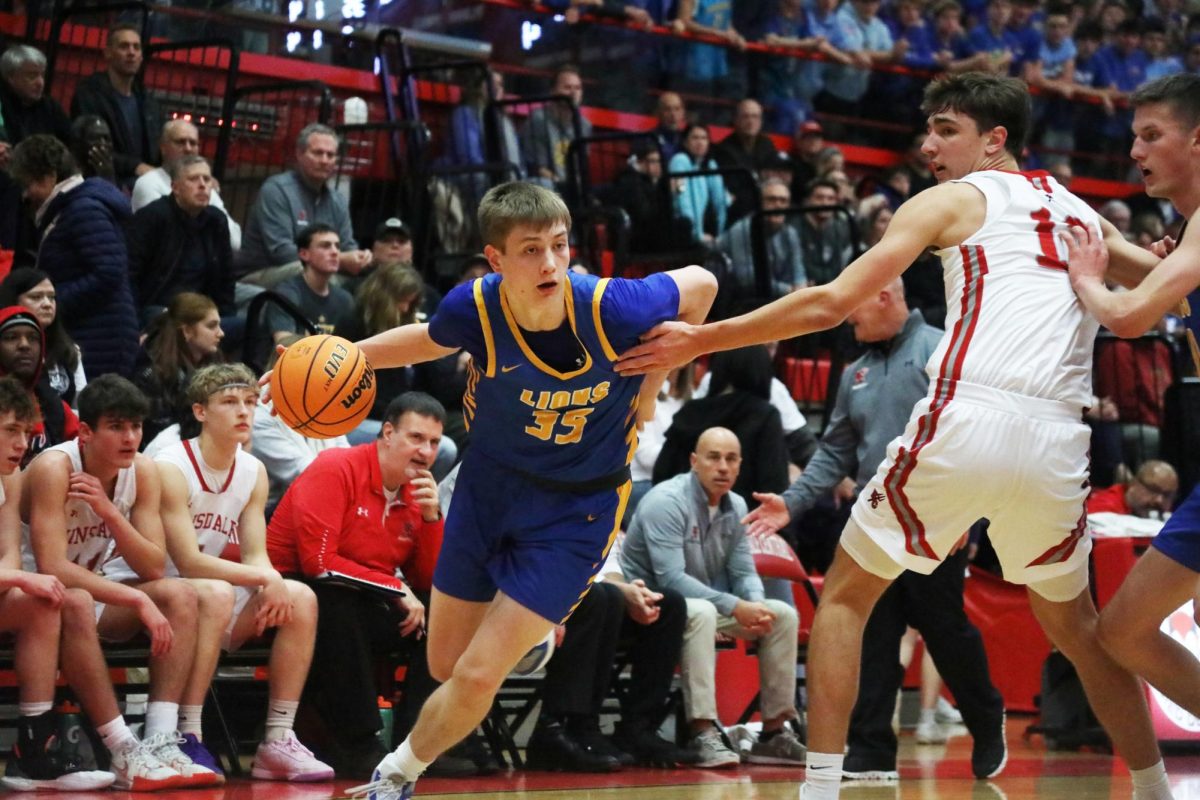
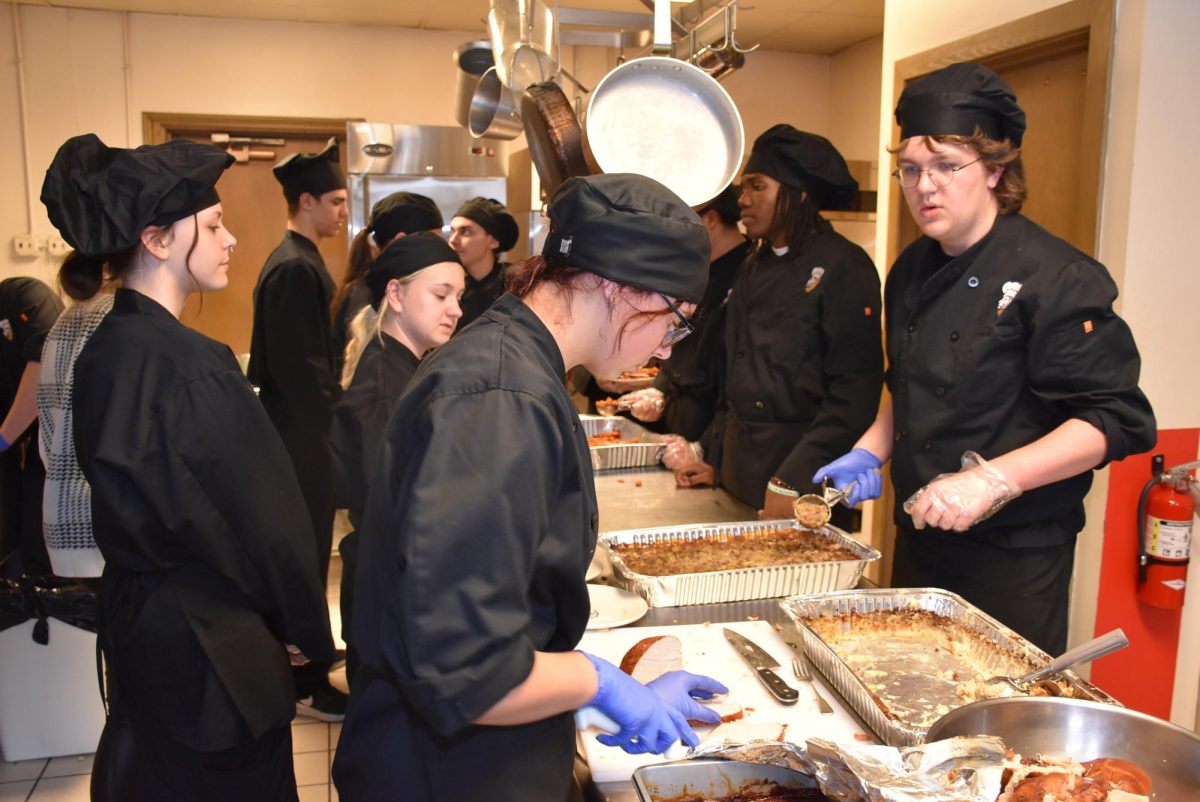
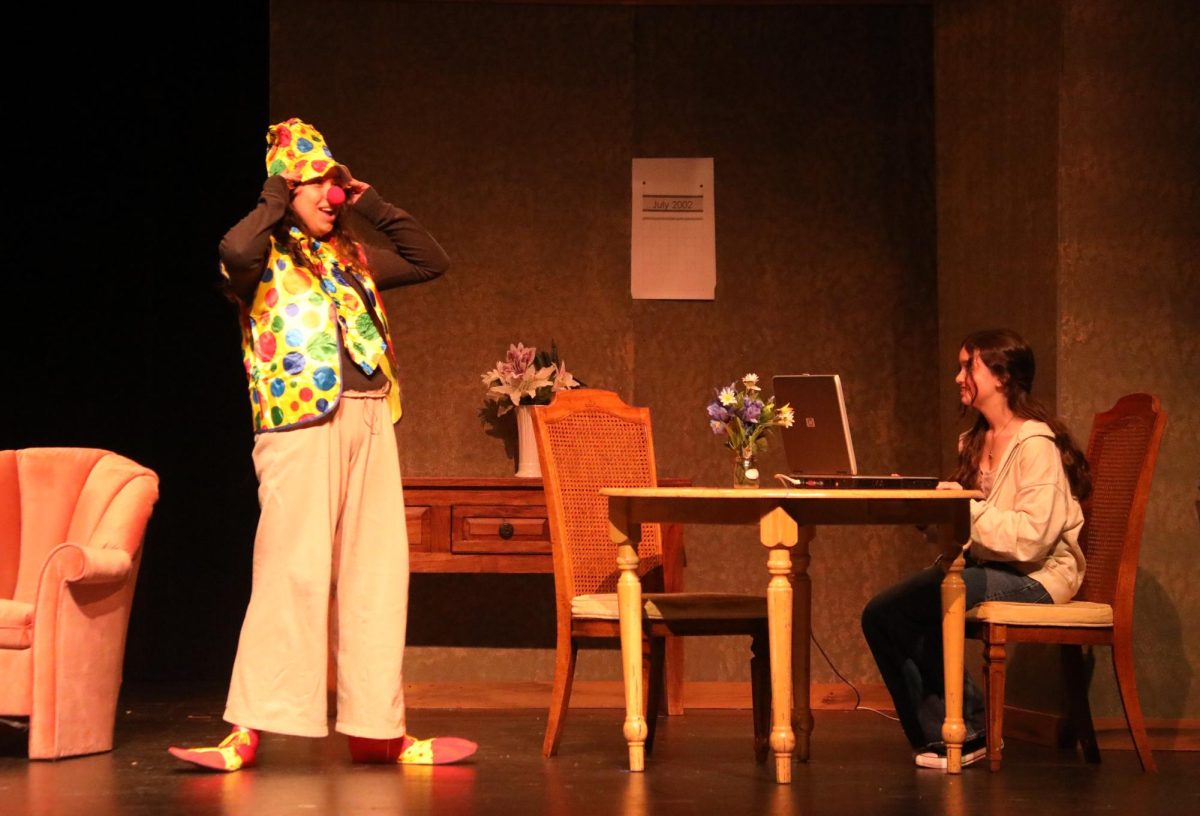
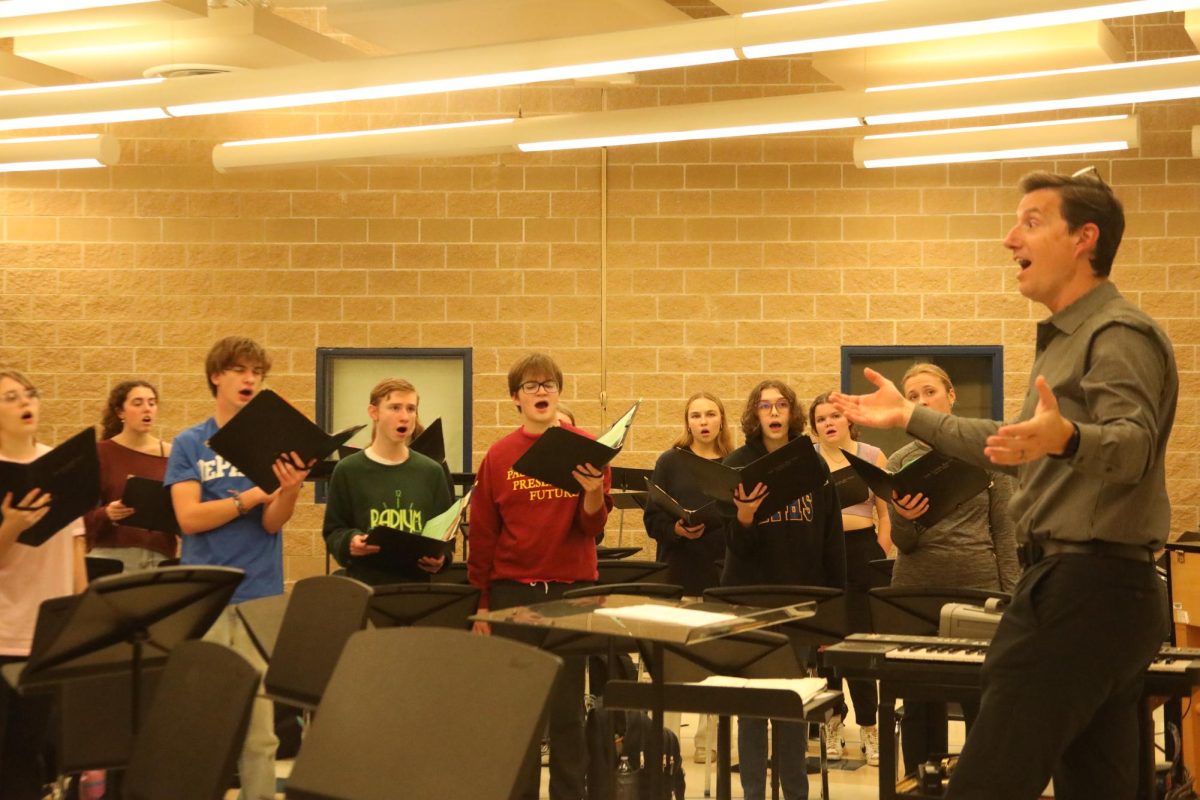
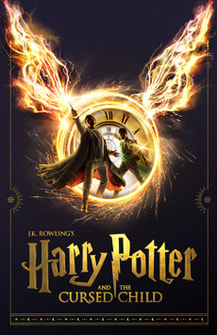
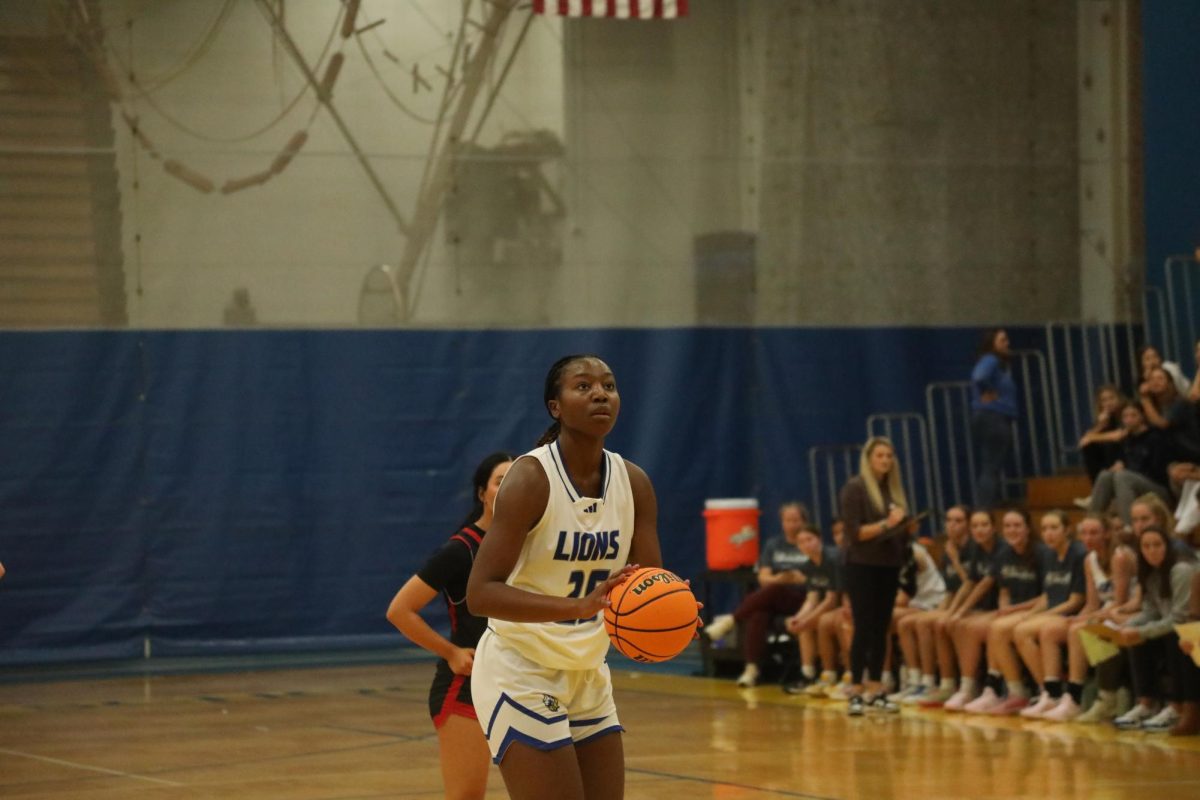
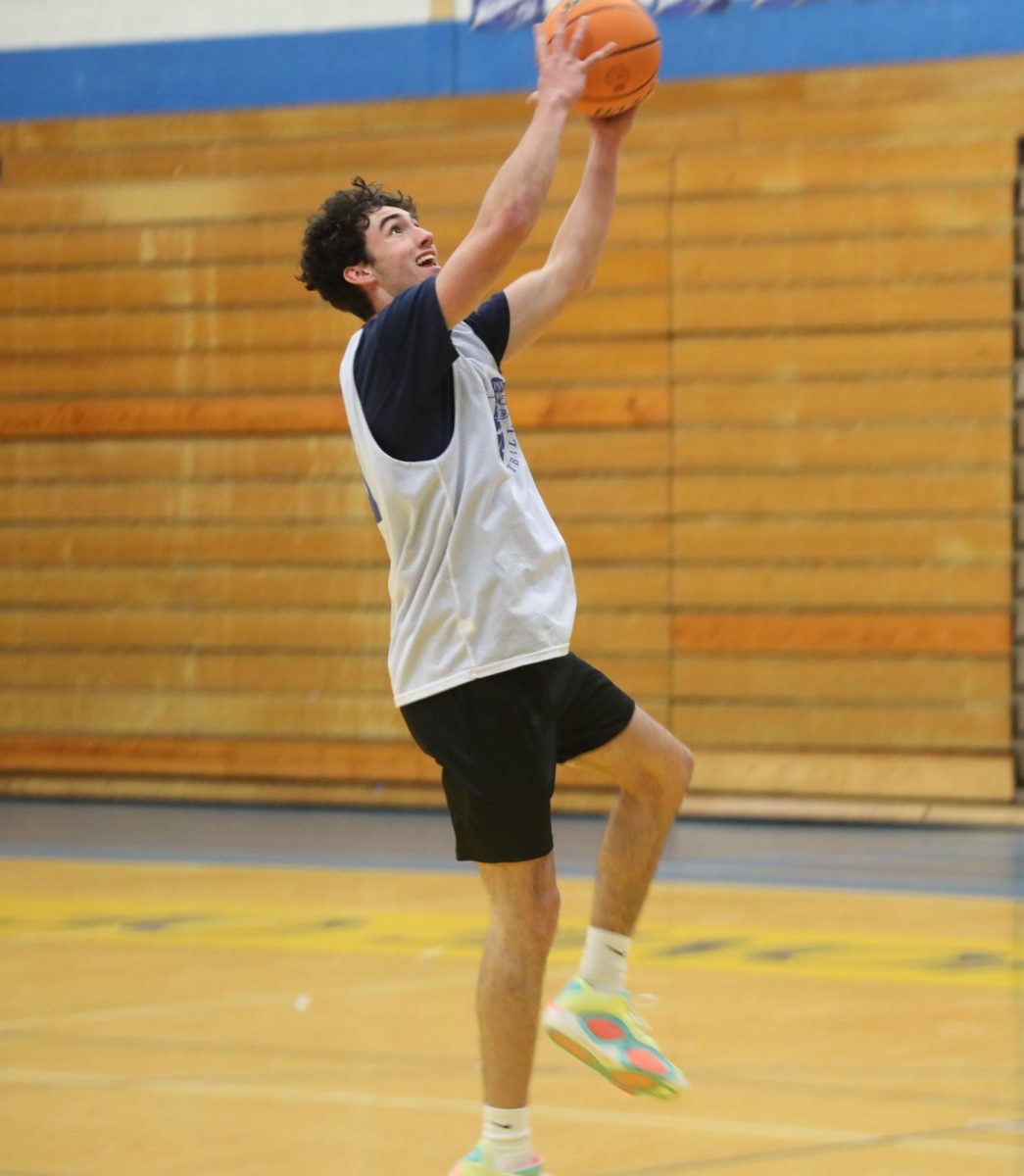

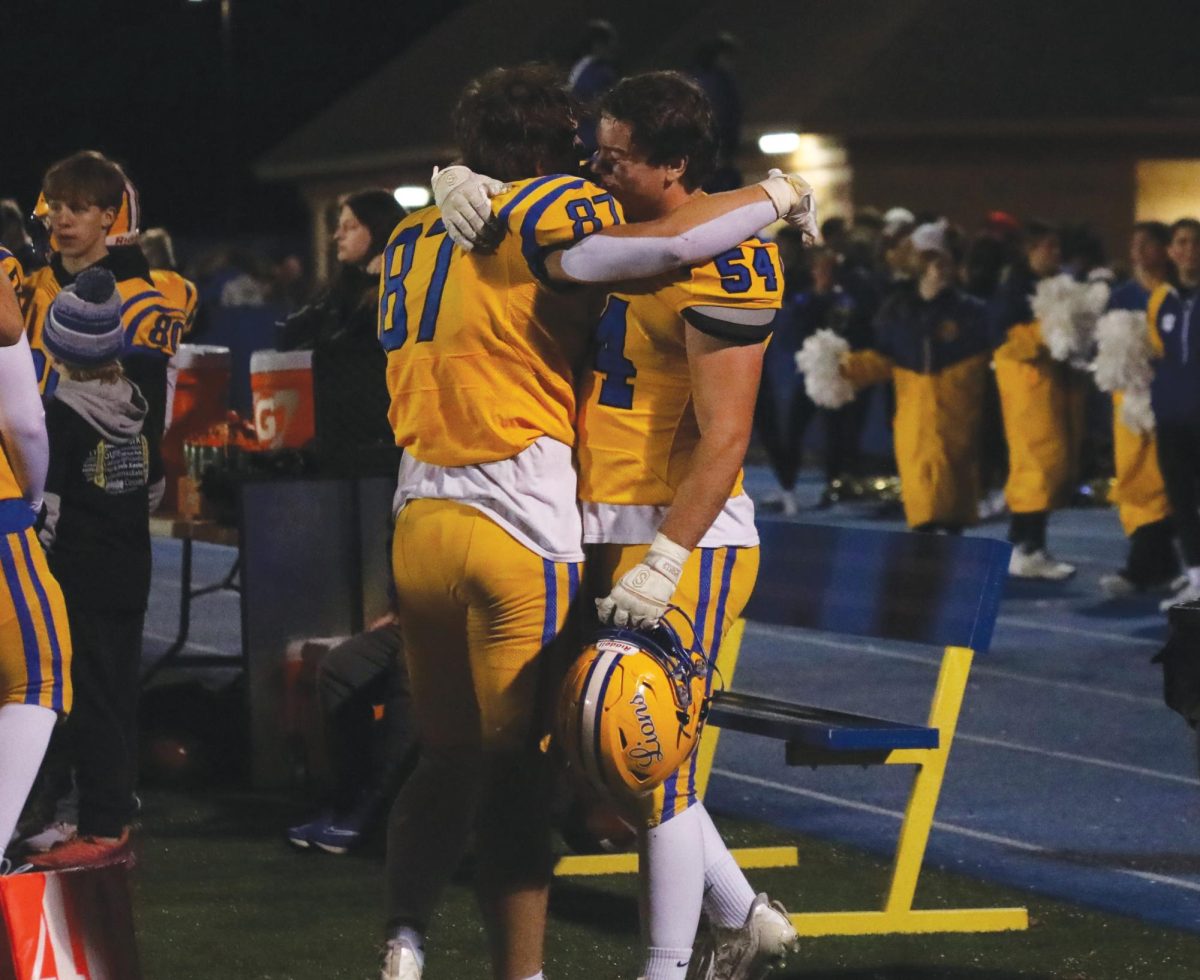
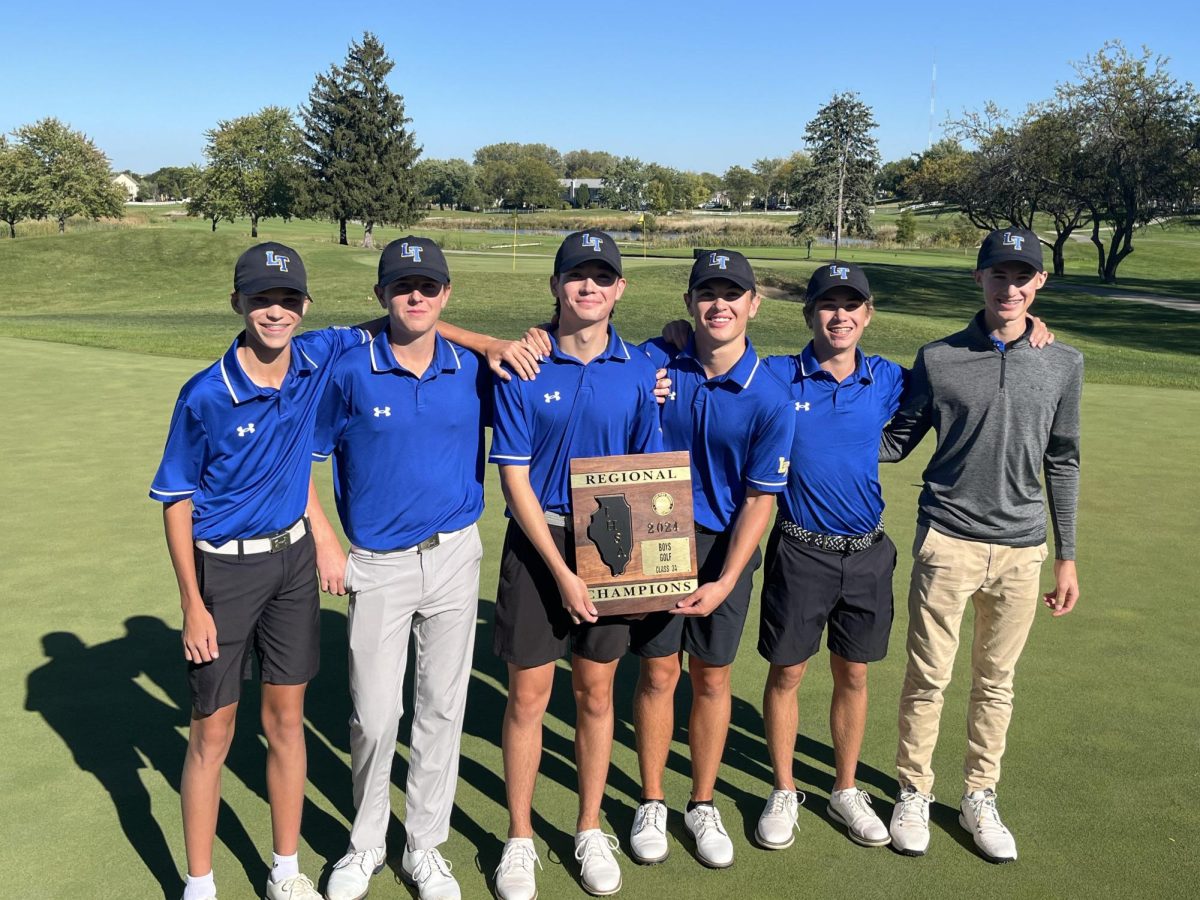
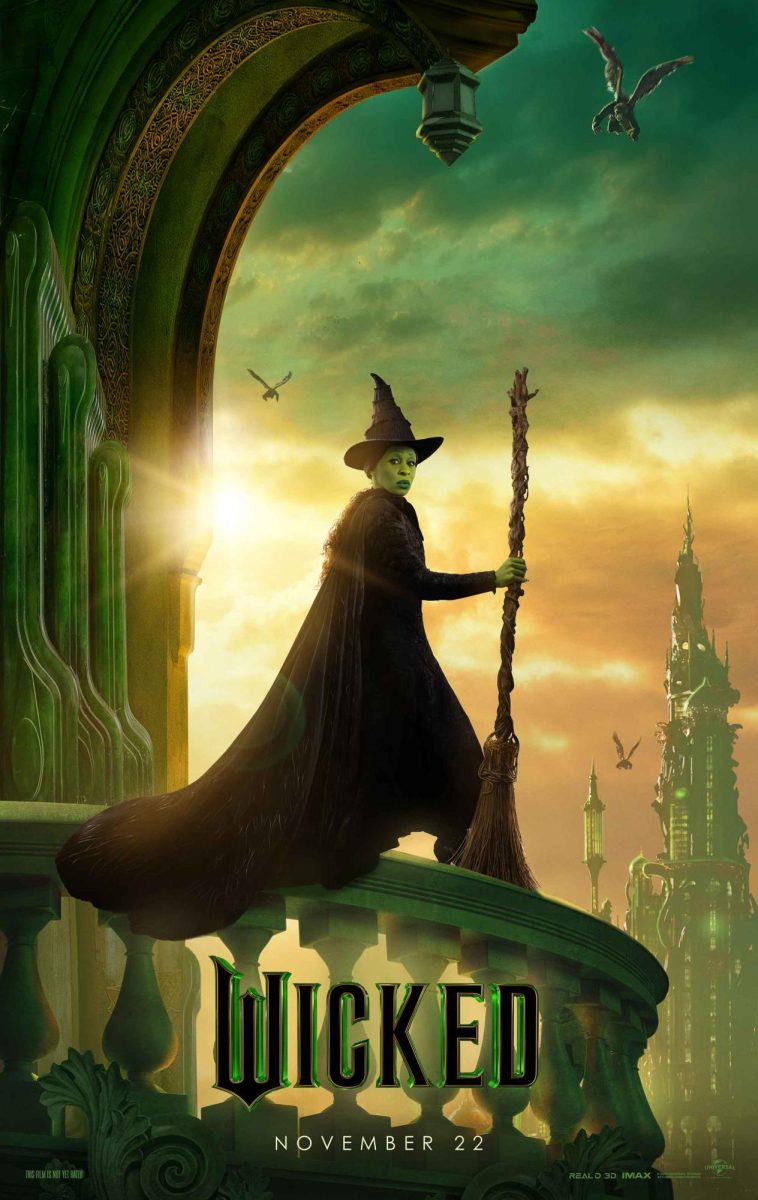
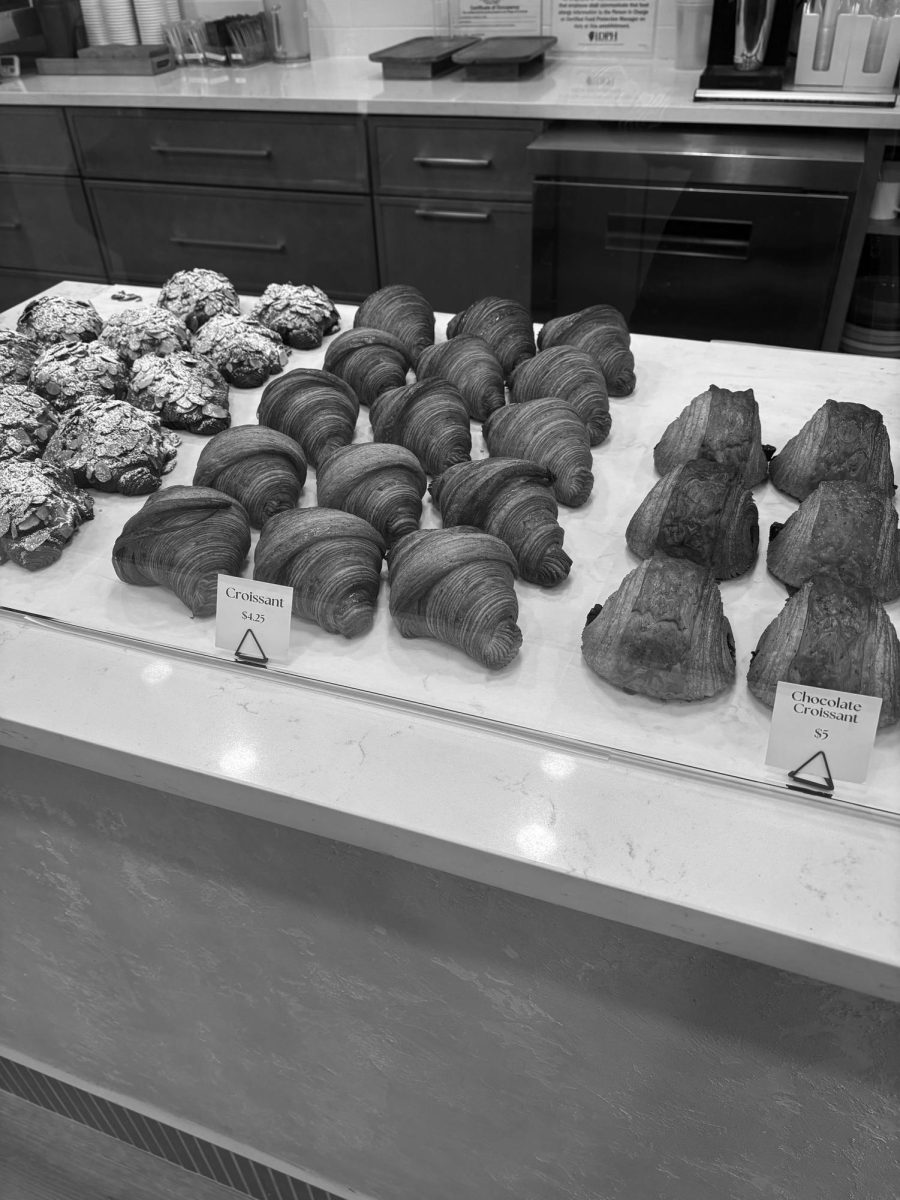


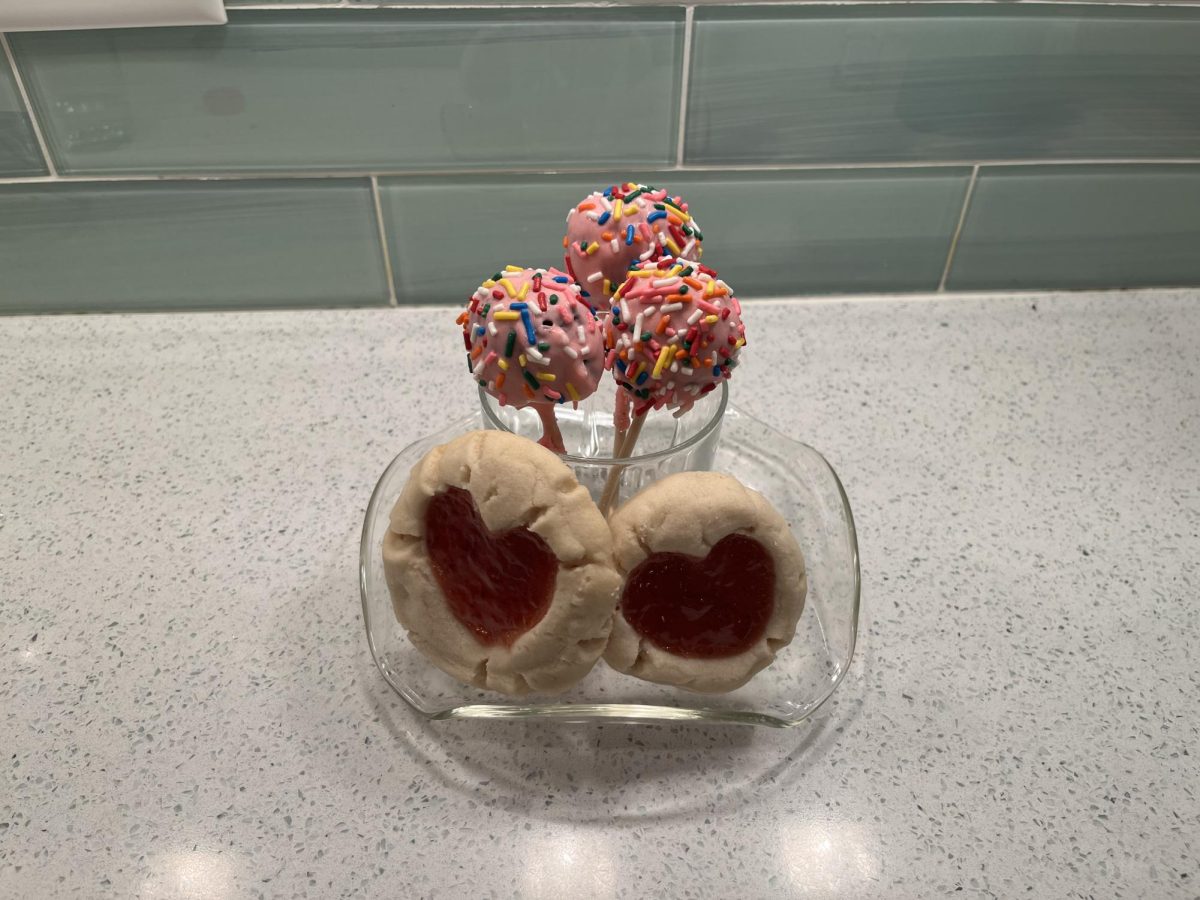




![Movie poster for '[Rec]" (2007).](https://www.lionnewspaper.com/wp-content/uploads/2023/04/rec-640x900.jpg)

